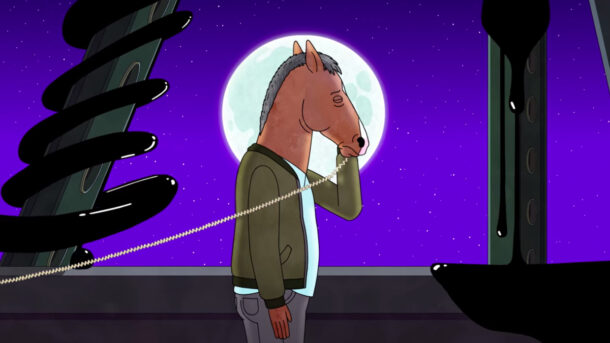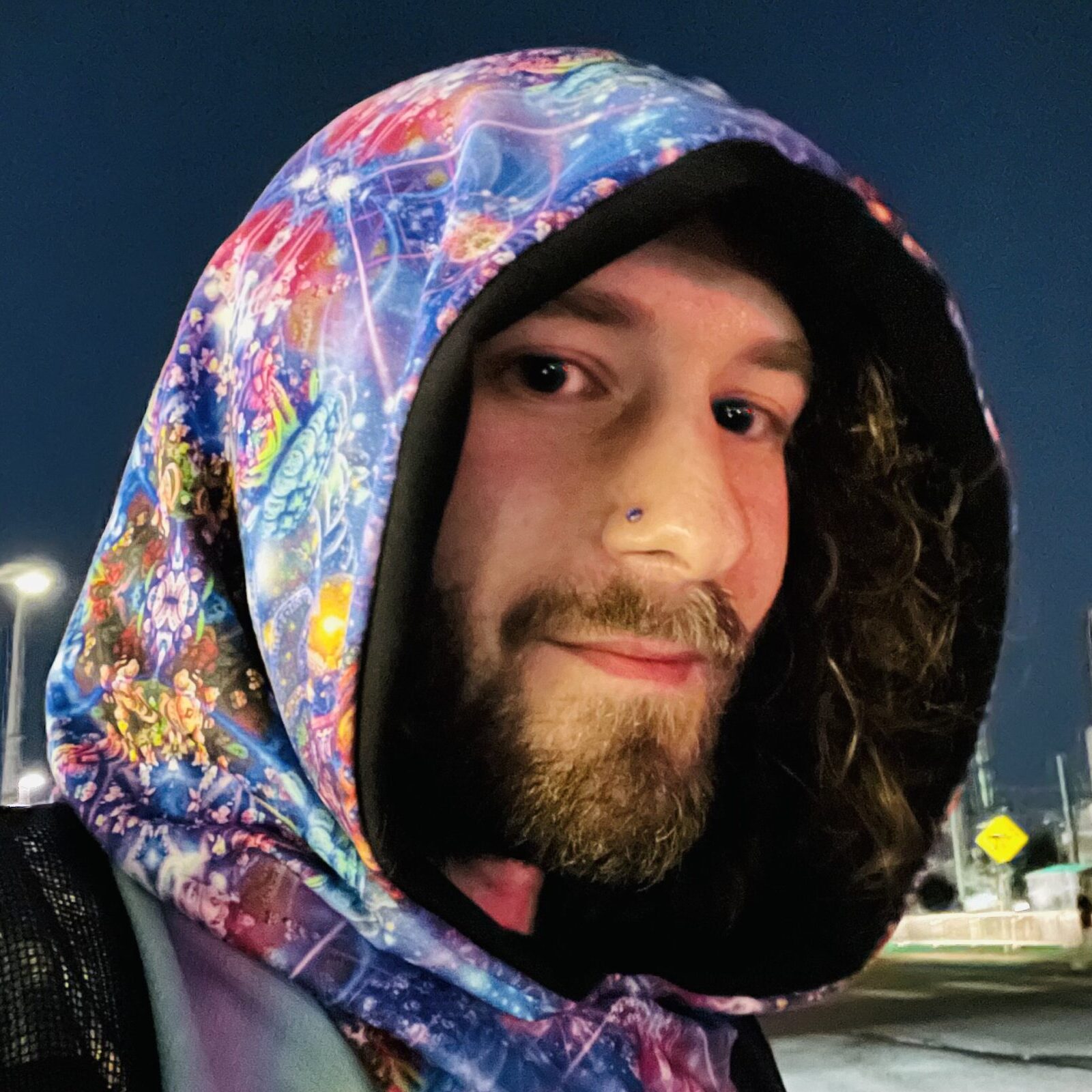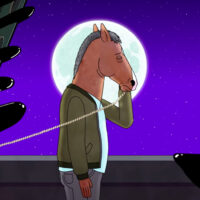(Post/feature image is from the show Bojack Horseman.)
Content warning: mental health
My father has an illness of the mind. This illness makes us blind to our control. My father did not recognize the control he may have as the patron at a restaurant who could tell a waiter their food was not satisfactory. He did not recognize the control he had in choosing his career. Many of the ways people choose to take control of their lives: hobbies, art, self-expression, choice of partner, choice to have children – he did not take control of these in his own life. He handed control over to society and the powers that be. He handed control over to his boss at work or his assumptions of what his family should be. He handed over control to what he thought others wanted. He understood society to be a certain way, and he did not exhibit a pattern of standing and challenging this understanding.
I can assume my father did not feel in control during his childhood, probably due to my grandfather’s behavior. This upbringing probably translated to his work, as I felt it did for me early in my adult life. He probably cowered at the thought of challenging his boss’ ideas. He told me he hated his job many times growing up. He warned me not to become an engineer. Why didn’t he choose another job?
This illness infects those around us. Some people are more susceptible than others. Those who are willing to get close to someone like my father are often the most at risk. Early in the infection, we forget the control we have in regard to the person in our life the illness originated from. Somehow, I suppose through natural selection, this symptom/trait appears early and is crucial to the survival of the illness. If the illness could not keep us stationary, keep us around the person it originated from, then we would leave. And if we left the toxicity, the illness would fade from us. Once infected, we find it difficult to improve our situation, as we forget all control and hand it to the person who infected us. This person, relieved to have finally gained some control in their life, exerts it tentatively at first. Once they feel comfortable that control will not result in us leaving, they exert control whenever they feel the urge.
We are now in distress. We are in an abusive situation, and we feel we cannot escape. We are looking for control anywhere. So we lash out at those who will not allow us control. When we have plans with someone we know would never hurt us and will love us unconditionally, we feel vulnerable enough to show that desperate, pleading desire when they cancel. We lose control. We show them we need control. And if they accept this form of communication, if they give us what we demand, we will feel comfortable assuming that this illness does not scare them. And so we will feel vulnerable enough to show them the illness this way again. And through repeated exposure, the illness is able to infect another.












Congratulations on making your escape. I learn from you everyday.